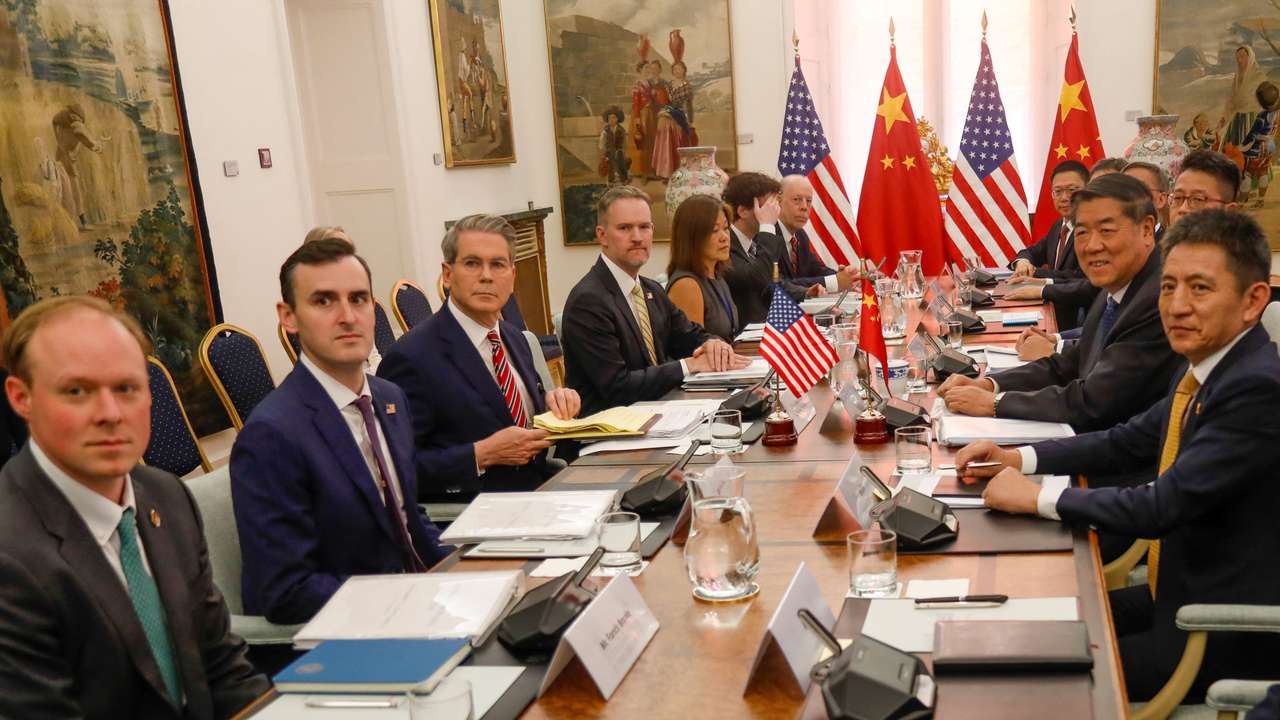TikTok’s uncertain future sits at the crossroads of U.S.–China trade and technology rivalry: summary

What we know
- U.S. Treasury Secretary Scott Bessent said the United States and China are "very close" to a deal on TikTok, but progress may depend on Beijing’s demand for trade concessions.
- Bessent and Chinese Vice Premier He Lifeng began talks in Madrid on Sunday, September 14, the fourth round of negotiations in four months.
- The discussions cover TikTok’s divestment by Chinese owner ByteDance, as well as broader trade and technology issues.
- The U.S. has tied the dispute to tariffs, demanding allies impose duties on China over its purchases of Russian oil.
- China denounced the tariff pressure as “unilateral bullying and economic coercion”, warning it could harm global trade and supply chain stability.
- The most likely outcome of the Madrid talks is another extension of the September 17 deadline for ByteDance to sell TikTok’s U.S. operations or face a ban, experts say.
- China’s market regulator announced a preliminary anti-monopoly investigation into Nvidia, seen as a retaliatory move against U.S. chip restrictions.
- The talks follow earlier meetings in European cities that reduced retaliatory tariffs and restarted China’s rare-earth exports to the U.S.
- The Trump administration faces a Supreme Court ruling by early 2026 that could overturn tariffs on Chinese imports, potentially weakening U.S. leverage.
- Experts caution against expecting breakthroughs without a direct meeting between Trump and Chinese President Xi Jinping.
What they said
"Our Chinese counterparts have come with a very aggressive ask. We will see if we can get there at present. We are not willing to sacrifice national security for a social media app," U.S. Treasury Secretary Bessent said on Monday. U.S. Trade Representative Jamieson Greer added, "From the Chinese perspective, they view as part and parcel of the potential TikTok deal a variety of matters, whether it's tariffs or other measures that have been taken over the years." A Chinese Commerce Ministry spokesperson described U.S. demands as "a typical act of unilateral bullying and economic coercion, a serious violation of the consensus reached by the Chinese and U.S. heads of state in their phone call, and could severely impact global trade as well as the stability of industrial and supply chains." Chinese Foreign Ministry spokesperson Lin Jian stated, "Regarding TikTok, China has repeatedly stated its position." William Reinsch, a senior trade adviser at the Centre for Strategic and International Studies, said, "I'm not expecting anything substantive between the United States and China unless and until there is a one-on-one meeting between Trump and (Chinese President) Xi."
This story is written and edited by the Global South World team, you can contact us here.